Essentials, September 17, 2024
A compendium of the best reporting and commentary surrounding the pivotal 2024 elections in the United States. You won'

A compendium of the best reporting and commentary surrounding the pivotal 2024 elections in the United States. You won't find horse race coverage here, or the standard "both sides" BS that passes so often for political journalism. What you will find are links, with brief commentary, to work that I believe advances the conversation we should be having about America's – and the world's – future. Remember: Everything is at stake this year. (Unfortunately, some of the work I point to is behind paywalls.)
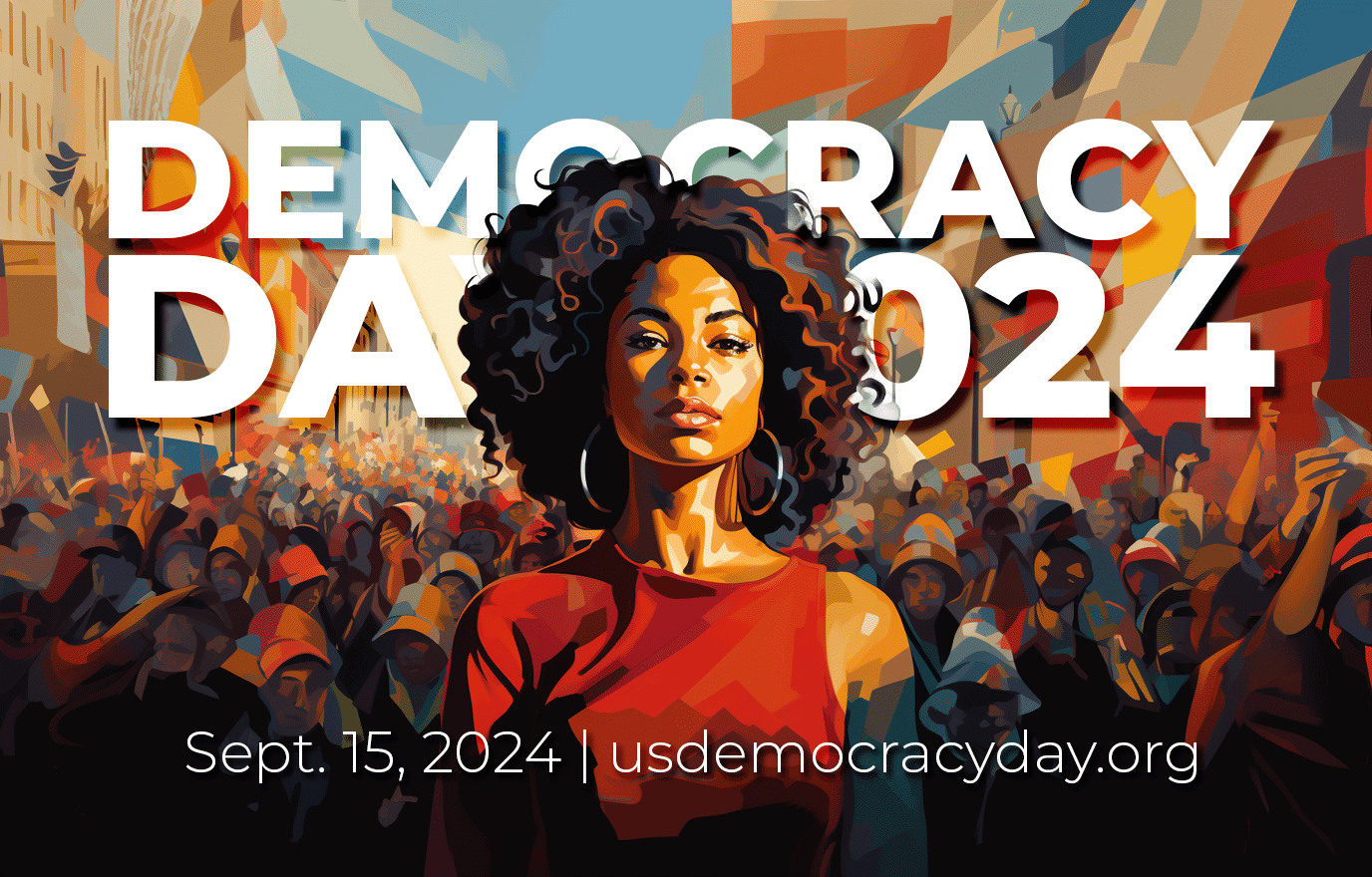
The U.S. Democracy Day collaborative got its start ahead of the midterms in 2022. It launched as an effort to encourage news organizations across the country to report more — and better— information about the crisis facing democracy here. We coalesced around one common publishing/broadcasting date: Sept. 15, which is the International Day of Democracy. A total of 400 news organizations participated, including the Gannett chain and dozens of nonprofit and independent outlets.
I like this project a great deal. It encourages news organizations to do their fundamental jobs. The people running the project, and the news organizations taking part, deserve credit for their work.
But the project raises an issue that America's journalism industry has refused, in general, to take seriously: Why the hell isn't it Democracy Day in the media every day of the year? (I'm not asking the project leaders, who are at least trying to bring some focus to this.) Journalism has simply not taken seriously enough the threat to our political system, the rule of law, our fundamental rights, and so much more. It just baffles me.
Meanwhile, please do take a look at some of the articles generated by the collaborating news organizations. You'll see some terrific stuff. I'll highlight several of the best articles below, with a focus on local news organizations that are doing what's needed.
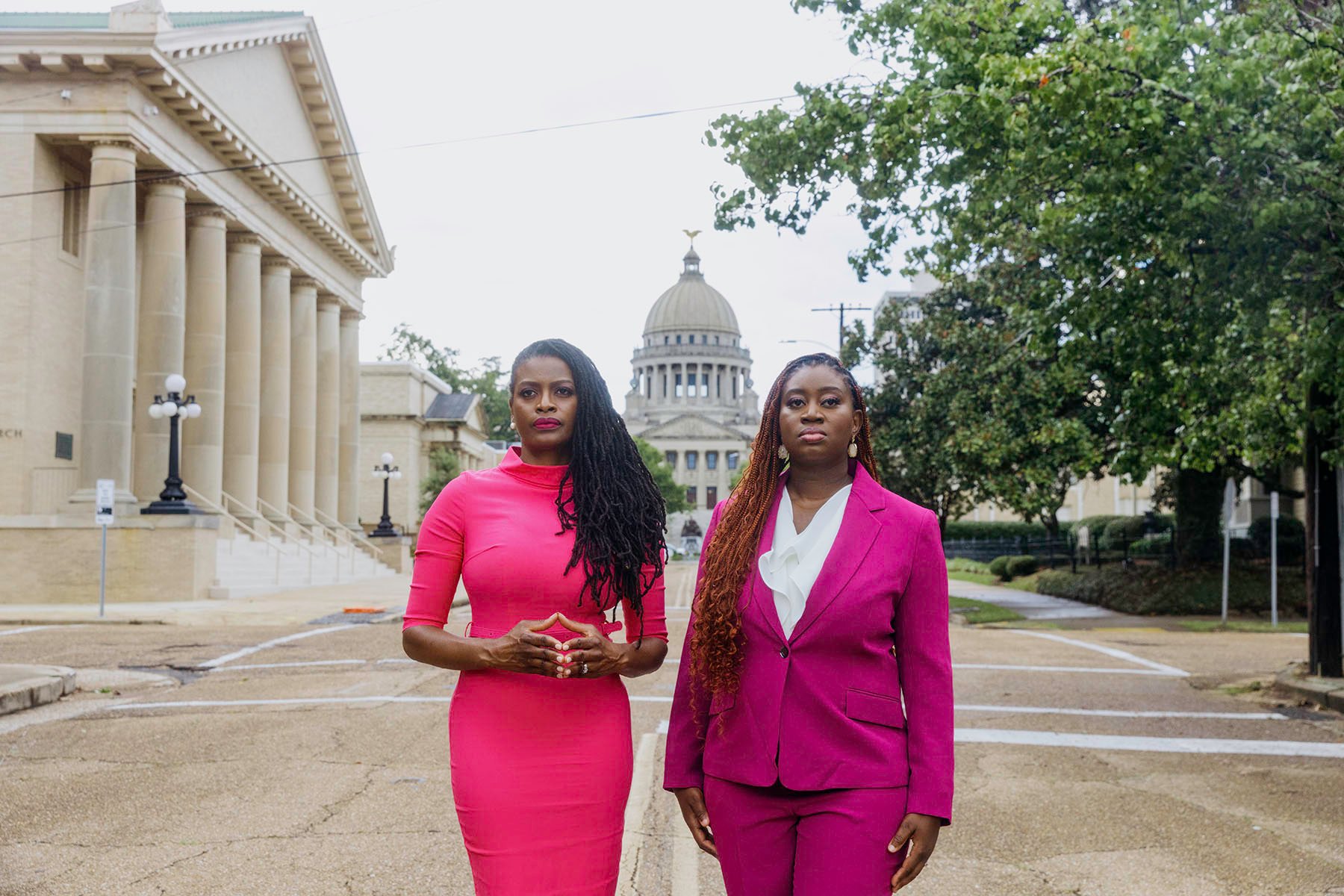
Welchlin is executive director of the Mississippi Black Women’s Roundtable, a civic engagement and policy advocacy organization whose members, all of them Black women, have traveled the state for months to host trainings called the “Power of the Sister Vote Boot Camp.” On paper, their goal with the boot camps is an increase in voter turnout among Black women in the Mississippi counties where they visit. They also want to create a years-in-the-making pipeline to better mobilize Black women, whom Welchin views as the glue holding together democracy, especially in a state and region that continues to be impacted by policies that have historically suppressed Black voters.
Not all the news about voting rights is bad. The Republican Party has made voter suppression (and more) a core part of its political strategy, targeting (before the election) people who are likely to vote for Democrats. This piece from The 19th – one of the excellent startup news organizations in recent years – offers a look at the countermeasures that women of color in Mississippi have deployed.
The fact that countermeasures are the rays of hope in Republican states is testament to one of the Republicans' key advantages. The war on voting rights there puts the defenders of voting rights – as the word suggests – on the defensive at the outset. That can be exhausting, and discouraging. These people are doing heroic, necessary work.
Kudos: Barbara Rodriguez
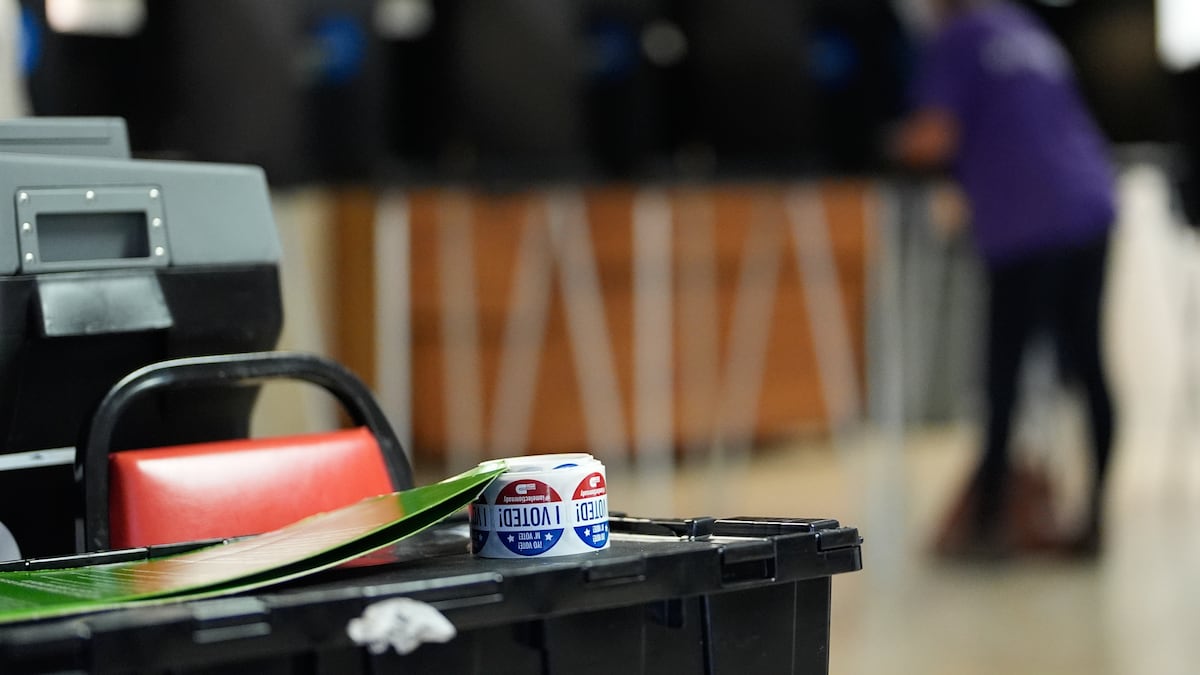
This piece offers some tips for voters to figure out if they're being misled by the people and organizations inundating them (all of us!) with election mailers. The key advice is to find trustworthy sources, such as the websites run by local voting agencies (usually county offices), and double-check. I look at a mailer first to see if I can easily find out who wrote and published them. If it isn't obvious, I immediate toss it.
Kudos: Justin Garcia
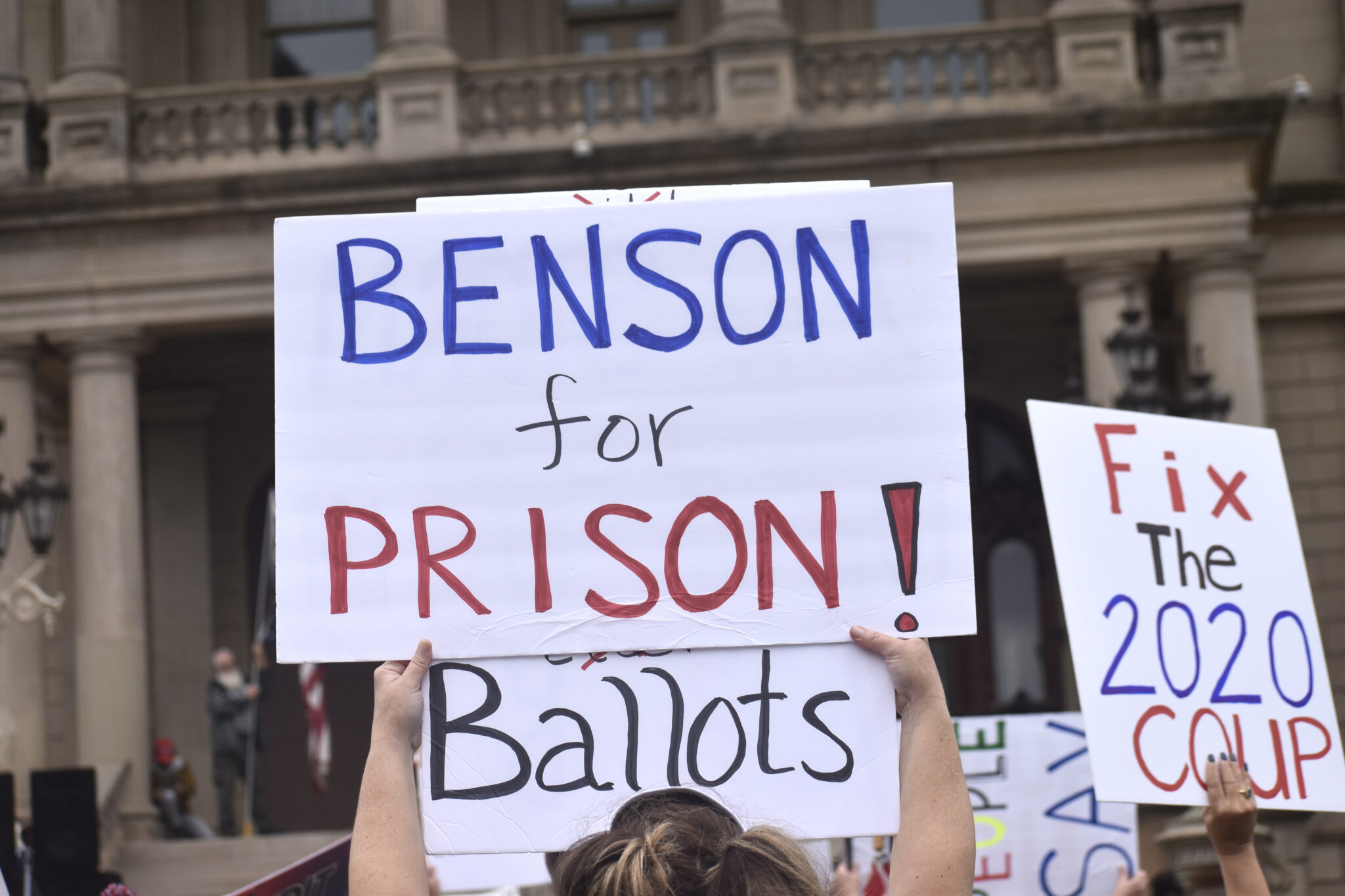
Defending democracy as a public official is a harder job than it used to be – because right-wing activists have been on the attack to bring down democracy. Intimidation is a longstanding tactic of extremists and authoritarians. It works, far too often. News organizations have a dilemma, though. Will shining a light on the extremists scare off even more public servants? Or will it galvanize support for what they do? News organizations need to tell their communities what's happening, and then do what they can to help support the people doing the important work of democracy.
Kudos: Jon King
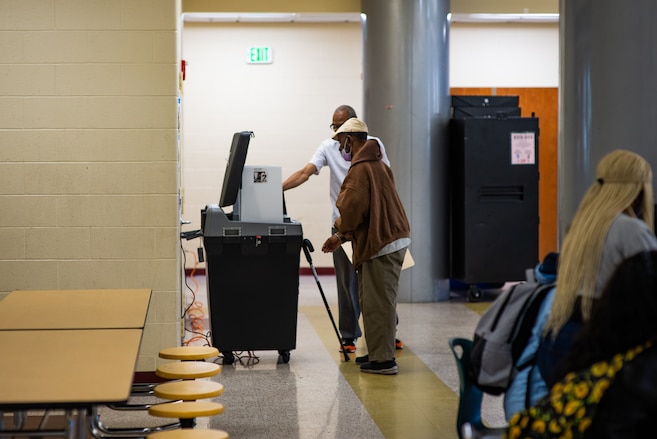
This should be a regular feature on all election-coverage agendas. As the story above notes, with extremists trying to scare off election workers (and too often succeeding), jurisdictions around the nation need more volunteers to serve that vital role.
Kudos: Penelope Blackwell

In a momentous trio of Jan. 6-related cases last term, the court found itself more entangled in presidential politics than at any time since the 2000 election, even as it was contending with its own controversies related to that day. The chief justice responded by deploying his authority to steer rulings that benefited Mr. Trump, according to a New York Times examination that uncovered extensive new information about the court’s decision making.
This story is astonishing in its depth and detail. Looking at three pivotal cases decided in the past term, it shows the degree to which the nation's top court has become not just corrupt, but downright contemptuous of the Constitution in its zeal to put an indelible right-wing imprint on our national life. Trump's three picks for the court, the chief justice, and two long-sitting reactionaries (Thomas and Alito) now serve as Trump/Republican operatives. This court could well decide the presidential election, because the Trump campaign is using every trick in the book to suppress Democratic voting and will try to undermine a result it doesn't like. To imagine that Roberts and his crew won't use every trick in their book to reinstall Trump in the White House, should they get the opportunity, is the height of wishful thinking.
The article is also fascinating in a journalistic and political sense, because it reminds us that what used to be private discussions among the judges are now fodder for disclosure via insiders. We saw that with the leak of Alito's ruling that overturned Roe v. Wade. But the granular level of detail in the article is just stunning. One other journalism note: Framing these cases – especially, in the immunity decision, the most radical (and terrible) ruling since Dred Scott – as a "winning streak" is a pretty weird way to frame what the Roberts court has done.
Kudos: Jodi Kantor, Adam Liptak

Voting is just part of democracy, but it's the essential place to start. Make sure you're registered. Doublecheck in the fall, well before Election Day, because in some states Republican officials are removing people, mostly those who tend to vote for Democrats, from voting rolls.
I spend a lot of time looking for essential coverage, and hope you'll help me by letting me know about the good stuff you find. Let me know.